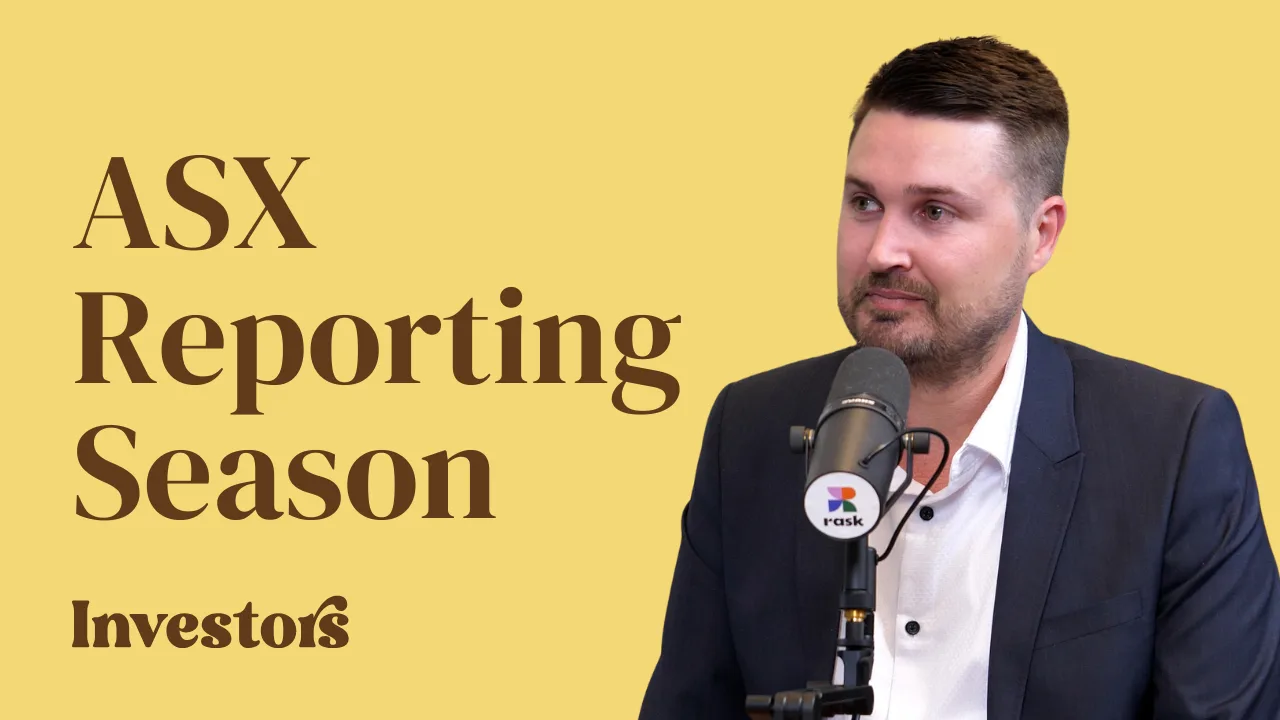House prices in Melbourne and Sydney are falling at a rate of $1,000 per week(!), according to data from Deloitte Access Economics.
On Sunrise, TV personality David Koch said it was a sell-off we had to have.
“It had to happen”, Kochie said. “12 months ago everyone was hysterical saying our kids can’t afford to get into the property market, we need housing to be more affordable”.
It seems parents and first-home owners have had their prayers answered.
Deloitte Economist Chris Richardson said house prices “hopefully” won’t fall too much further and wages growth could be set to return (making mortgage repayments easier). That’s the good news.
But the fact is, we can’t have our cake and eat it too when it comes to property.
So What?
While house prices needed to come off the boil, especially in Sydney, some economists are predicting prices to move sideways for a few years. For example, compared to the past five years, Deloitte suggests the next five years won’t be nearly as good for property investors.
“There’s a chance that housing prices won’t go anywhere much for about five years,”
Richardson told Kochie on Sunrise.
Next Steps
As we move into a period which may be characterised by slower property price growth, there are a few important steps Aussies need to consider implementing.
Firstly, consider building an emergency cash buffer, in a high-interest savings or offset account.
How much ’emergency’ cash is necessary?
It depends on your situation. In my mind, having three months of living expenses set aside in an emergency account is the absolute bare bones minimum. Six months is my preferred amount.
Why do investors need so much cash?
An emergency cash account is the cheapest form of insurance I’ve found — anywhere. It’s also a psychological buffer when markets turn south and when/if a family member loses their job.
Next step, diversify.
Shares are an alternative to property. I think they’re especially important to consider if your occupation is linked (directly or indirectly) to property (e.g. construction).
For long-term investors, blue-chip shares often produce an income stream in the form of dividends. Many Aussie shares also pay franking credits, which can be tax-effective.
But shares also provide growth potential over the long run.
For those with a view to holding an investment for 5 to 10 years, the sharemarket is routinely the market which produces the highest total return for investors (growth plus dividend income).
Takeaway
Market conditions can change rapidly, so it’s important to be prepared for the worst. However, there’s nothing wrong with being optimistic and expecting the best over time.
That’s why I believe shares, property and cash (plus adequate insurance) should play a role in any strategy to grow wealth over many years.
For me, shares are the preferred investments because I’m afforded the flexibility to exploit opportunities as and when they arise.
For example, it’s growing increasingly likely (in my opinion) that Australia will have a recession or rocky patch in the next five years.
With shares, it’s relatively easy to adjust a portfolio to avoid some risks and position it for potentially better returns. I have half of my current share positions in foreign companies. Established blue chips that everyone knows.
The other half of my portfolio includes Aussie companies with exceptionally strong defensive qualities, fast-growing customer lists and overseas exposure.
Whatever happens to property over the next five years is anyone’s guess, but I believe I stand every chance of making a decent investment return in spite of the risks.
Cheers to our financial futures!
Owen Raszkiewicz,
Founder of The Rask Group
My Free Investing Report: Click here to get the names of 3 proven ASX dividend and growth shares, plus my 4-part stock-picking checklist. It’s free!
Disclaimer: This article contains general information only and originally appeared on The Rask Group’s website, www.rasfkinance.com. The information should not be considered personal financial advice as it does not take into account your needs, goals or objectives. Therefore, you should consider speaking with a licensed financial adviser before acting on the information.












